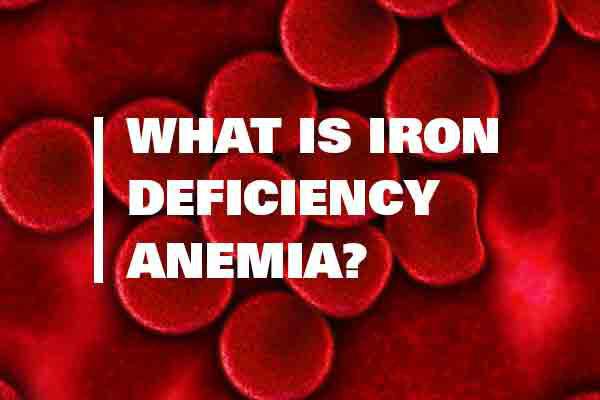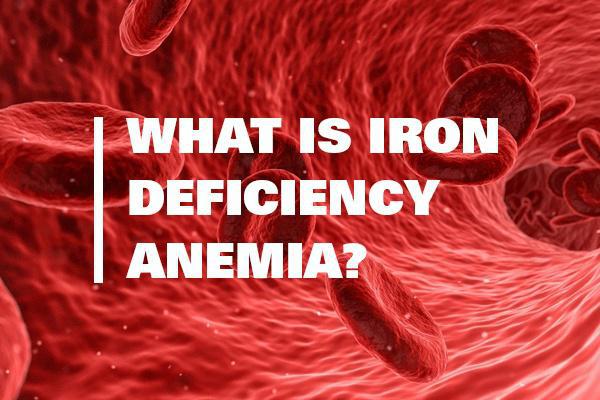Iron is an essential nutrient your body needs to function properly. You may know it best for its role in producing hemoglobin, which helps transport oxygen throughout your body. It’s also needed for the overall health of your cells, including your hair and nails. So it’s no surprise that when your iron levels are low, you have a condition known as iron-deficiency anemia.
At Hunterdon Oncology and Hematology, our team specializes in many different conditions, including the various forms of anemia. Our practice is made up of five expert oncologists and hematologists. Our hematologists help you determine if anemia is what’s causing uncomfortable symptoms.
Causes of iron-deficiency anemia
Anemia is a medical condition that happens when you don’t have an adequate amount of healthy red blood cells in your system. While there are many different kinds of anemia, iron-deficiency anemia manifests when you’re lacking the iron to produce hemoglobin.
Hemoglobin is the substance that not only gives your blood its red hue, but also allows your red blood cells to carry and transport oxygen to the other areas in your body. When you’re iron-deficient, it leads to anemia over time.
There are several different reasons you may be deficient in iron. For instance, you might not be getting enough elemental iron in your diet, or you may be losing iron quicker than you can replace it. Other reasons for iron-deficiency anemia include:
- Pregnancy
- Loss of blood
- Problems absorbing iron
Any of these problems can lead to a lack of iron, and, as a result, a lack of hemoglobin. When you don’t have enough oxygen being transported due to anemia, it can lead to a number of unpleasant symptoms.
Symptoms you may experience
Symptoms of iron-deficiency anemia vary from person-to-person. They also depend on the severity of your condition. They include:
- Pale skin
- Weakness
- Extreme fatigue
- Brittle nails
- Dizziness
- Headache
- Cold feet or hands
When you’re suffering from iron-deficiency anemia, you may also experience cardiac symptoms, such as pain in your chest or an abnormally fast heartbeat.
When you’re experiencing any of these signs, there’s a chance it could be iron-deficiency anemia. To prevent further complications and worsening symptoms, it’s vital you see our team as soon as possible so they can begin much-needed treatment.
How is iron-deficiency anemia treated?
Depending on the cause of your iron-deficiency anemia, you may be able to replenish your iron through changes in your diet, or you may need to take medicinal iron. Our team helps you figure out what’s causing your anemia, so you can get the treatment you need.
There are several ways to get more iron into your system to correct anemia, and they include:
Diet
One of the easiest ways you can restore iron in your body is by adding iron-rich foods into your meals. This includes beef and organ meats, along with broccoli, spinach, and legumes. Chicken and some types of fish are also rich in iron.
Oral iron
While over-the-counter supplementation may be your go-to, it’s usually not enough when it comes to iron-deficiency anemia. Our providers may have to prescribe you medicinal iron to get your levels back up to where they should be. The traditional dose for this type of iron is 150-200 milligrams of iron a day until your levels are back to normal.
IV iron
In the case that your iron-deficiency anemia is severe, or you’re unable to tolerate oral iron pills, our team recommends iron by way of IV infusion. There are several forms of IV iron therapy, and our providers help you figure out which is best for you. This is also the method of choice if you have trouble absorbing medications via your gastrointestinal tract.
Blood transfusions
Unfortunately, blood transfusions aren’t able to fully correct your iron deficiency. However, if your anemia is severe enough that you’re experiencing chest pain or you’re currently bleeding, it may be necessary to replace the deficient red blood cells. You’ll see a temporary improvement until our team can address the cause of your anemia.
If you’re concerned you have iron-deficiency anemia, don’t hesitate to call our office in Flemington, New Jersey at 908-788-6461, or schedule an appointment online with one of our amazing doctors today.





